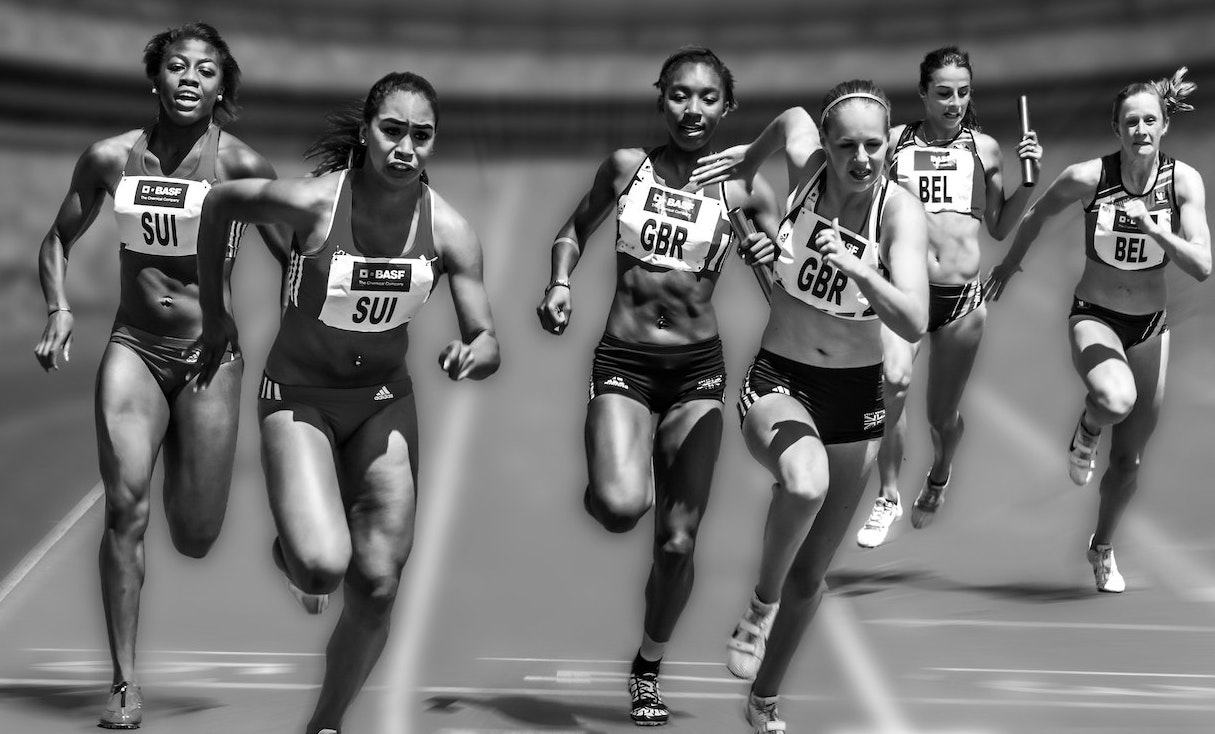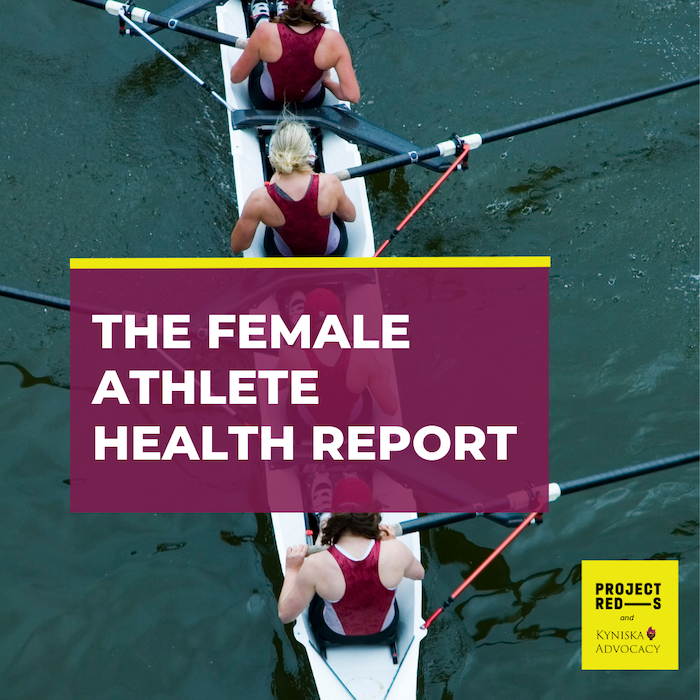
New Female Athlete Report Could Bridge Knowledge Gap
May 12, 2023
Project RED-S, an organization working to increase awareness, prevention and recovery from Relative Energy Deficiency in Sport disorder, and women in sport organization, Kyniska Advocacy, recently released the Female Athlete Health Report to contribute to improved athlete health and wellbeing in the UK. It was created following an Athlete Health Survey to uncover specific areas of concern, highlight misinformation and suggest how sports institutions and support staff can take action on issues surrounding female athletes.
The report is based on on responses from 769 UK athletes of all ages, ethnicities and abilities that have been assigned female at birth. It covers topics such as body image, menstrual cycles and RED-S in the effort to advocate for progressive policies and safe, sustainable sport practices. The athlete-led organizations wanted to understand what athletes already knew about their health and uncover gaps in knowledge and support. The pair are on a mission to change the fact that “we don’t know enough about female athlete health” supported by survey findings that medical professionals are “not sufficiently informed”.
As the report notes, "The past three decades have seen a rise in female participation in exercise following increasing development of, and investment in, professional women’s sport. However, it is well documented that the trend towards gender equality, from recreational to elite levels, has yet to impact performance-based research. Significant concern has been raised over the extrapolation of findings from male athlete data to their female counterparts without due consideration of the consequences."
The Female Athlete Health Report found that 30% of females had been told by a medical professional that period abnormalities were “normal” given their activity level – ignoring the potentially serious health implications of irregular or missed periods. Common reasons for menstrual dysfunction include low energy availability, polycystic ovary syndrome, an overactive thyroid or heart disease. The absence of menstruation is also a key symptom of RED-S, a condition that can affect elite and non-elite athletes.
“The shocking results from this report on female athlete health are the symptoms of the historical lack of resources, funding and scientific study made available to women’s sport. Across the board, athletes and coaches are misinformed on the basics of female athlete health, in turn limiting the performance potential and most importantly, the health of female athletes across the UK,” said Kate Seary, co-founder of Kyniska Advocacy.
The 32-question survey comprised six sections covering: participant demographics; current athlete and coach understanding of female athlete health topics (including menstrual cycles and contraception); body image; eating behaviors; and incidence and impact of RED-S. Findings reflected that three out of five female athletes and their coaches felt informed about female athlete health on average. Those who strongly agreed their coach was well informed suffered around three RED-S symptoms. Those who strongly disagreed suffered around four symptoms.
Pippa Woolven, a former athlete and founder of Project RED-S struggled with fatigue, injuries and low moods throughout her sporting career but was always given the all-clear by medical professionals to continue competing. Woolven was finally diagnosed with RED-S in 2017 and expresses her desire to push for change and greater awareness of female athlete health risks across all levels of sport.
RED-S can lead to irreparable damage and the report found that less than 50% of respondents had heard of RED-S before. The survey also showed that 50% consciously restrict their food intake to improve their performance, while 52% said they did so in order “to fit in or look the part in their sport”.
Often at times a calorie deficit or restriction can lead to low energy availability and other serious medical illnesses. “When I was deep in anorexia, someone actually said to me: ‘You’re looking like a real runner these days’. I was so unwell and so underweight, yet someone felt the need to make that comment,” said one survey respondent.
The report recommends mandatory and comprehensive coach education on female health to be embedded within all coaching qualifications at all levels. It also calls for the creation of an athlete-led female health, body image, eating disorder and RED-S support network, as well as an online female athlete health toolkit for athletes, parents and coaches. Finally, the report insists that medical professionals and GPs should be provided with resources to better understand specific female athlete health concerns such as RED-S.
Mental Health Awareness Spotlight: Helping Youth Cope with Violent Events
Tips from Doc Wayne Youth Services, Inc.
